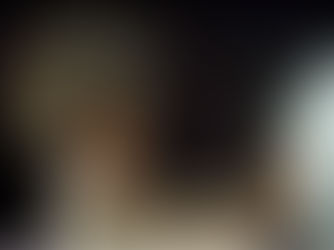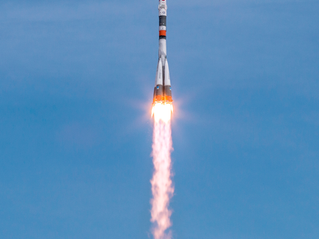
Learn science by asking questions about things we see in the world.
What makes a rainbow?
How do tides work?
How did they figure out the distances to the stars?

The astronomer Carl Sagan said, "You go talk to kindergartners or first-grade kids, you find a class full of science enthusiasts. They ask deep questions. They ask, 'What is a dream, why do we have toes, why is the moon round, what is the birthday of the world, why is grass green?' These are profound, important questions. They just bubble right out of them. You go talk to 12th graders and there's none of that. They've become incurious. Something terrible has happened between kindergarten and 12th grade."
What are we doing wrong? Maybe we too often teach science as merely a body of knowledge and facts. We learn that the sun is 93 million miles away, just like we learn that Columbus sailed in 1492.
The goal of Ask About Science is to help people of all ages to discover the fun of learning science. Look at the world around us, and ask the questions a kindergartner would ask. Think not only about the answers, but also how would we might figure out the answers. Science is like a detective story. We first guess the answer, and then test whether our guess is consistent with something else that we can see or measure.














































